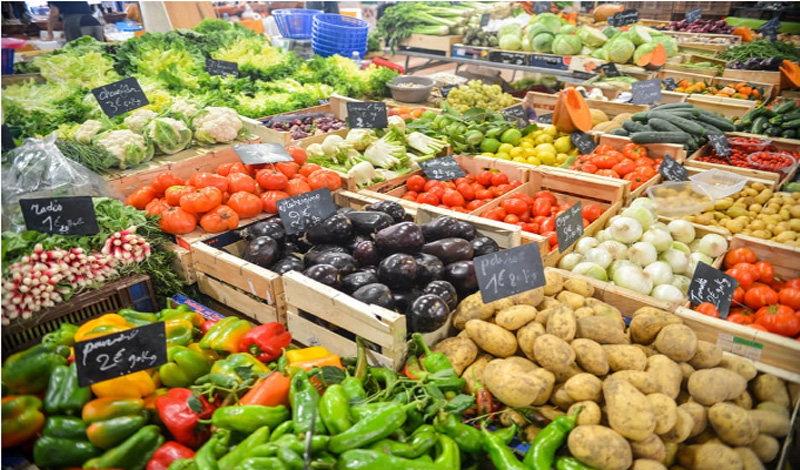Even no paper work despite lapse of over one year
Similar project under implementation in Pulwama since 2014
Mohinder Verma
JAMMU, Apr 5: Due to absolute non-serious approach of the Government of Union Territory of Jammu and Kashmir, the Budget announcement regarding setting up of Food Park at Kud in Udhampur district has remained on papers only even after the lapse of over one year. Moreover, similar project is under implementation in Pulwama since 2014 despite release of sufficient funds by the Ministry of Food Processing Industries.
The Union Finance Minister Nirmala Sitharaman while presenting Budget for the Union Territory of Jammu and Kashmir for the financial year 2021-22 in the Parliament had announced establishment of Food Park at Sangyote near Kud in Udhampur district.
She had stated that Ministry of Food Processing Industries has been implementing Mega Food Park Scheme, a component under the Pradhan Mantri Kisan Sampada Yojana, to create modern infrastructure for the food processing sector along with the value chain from farm to market and the scheme is demand driven and proposals are invited through Expression of Interest.
“The Food Park at Sangyote near Kud in Udhampur district will be established under this scheme”, she had further stated.
However, even after the lapse of over one year this Budget announcement has remained on the papers only mainly because of absolute non-serious approach on the part of the Government of Union Territory of Jammu and Kashmir, official sources told EXCELSIOR.
“Some senior officers of the Industries and Commerce Department had visited the area few months back and held discussion with the persons who had shown interest in the establishment of Food Park but what happened thereafter is not known to anyone”, sources informed, adding “even no paper work has been carried out in order to translate the Budget announcement into reality”.
They disclosed that the Mega Food Park Scheme has been discontinued by the Government with effect from April 1, 2021 with provision for committed liabilities for ongoing projects. However, the Food Processing Ministry is implementing the scheme for creation of infrastructure for agro-processing clusters (similar to mini Food Park), which is an ongoing component scheme under Pradhan Mantri Kisan Sampada Yojana for development of modern infrastructure to encourage entrepreneurs to set up food processing units based on cluster approach.
“Because of inaction during the past over one year and change in the pattern of the scheme nobody knows whether the Government will be able to establish Food Park at Kud even in near future”, sources said, adding “there is also no clarity about establishment of Food Parks at Pahlipora (Lar) and Chewa (Bandipora), the announcement about which was also made by the Union Finance Minister in the J&K Budget for the financial year 2021-22, which has ended on March 31”.
They further said, “all the concerned authorities should have worked in tandem soon after the announcement by the Union Finance Minister. Had required interest been shown much headway could have been made in the establishment of Food Park at Kud till now”.
According to the sources, the Union Ministry of Food Processing Industries had on February 19, 2014 approved establishment of Mega Food Park at Pulwama by RFK Greens Food Park Pvt Limited at a cost of Rs 79.43 crore.
Against the sanctioned cost of the project, the Ministry had approved Rs 50 crore and released Rs 29.09 crore. However, till date the Food Park has not been made operational and the Ministry has reflected its status as “Under Implementation” in its latest document, the copy of which is available with EXCELSIOR.
On the other side, the similar Mega Food Park sanctioned for Himachal Pradesh several months after the approval to the one in J&K is operational. “All this clearly indicates that Government of Union Territory of Jammu and Kashmir continues to be slack in obtaining the benefits of the Centrally Sponsored Schemes”.
It is pertinent to mention here that Food Parks result in reduction of wastage of agricultural and horticultural produce through increased sourcing from farmers, increase in their shelf-life through primary processing like sorting, grading etc, better storage, availability of other modern common infrastructure facilities etc.


